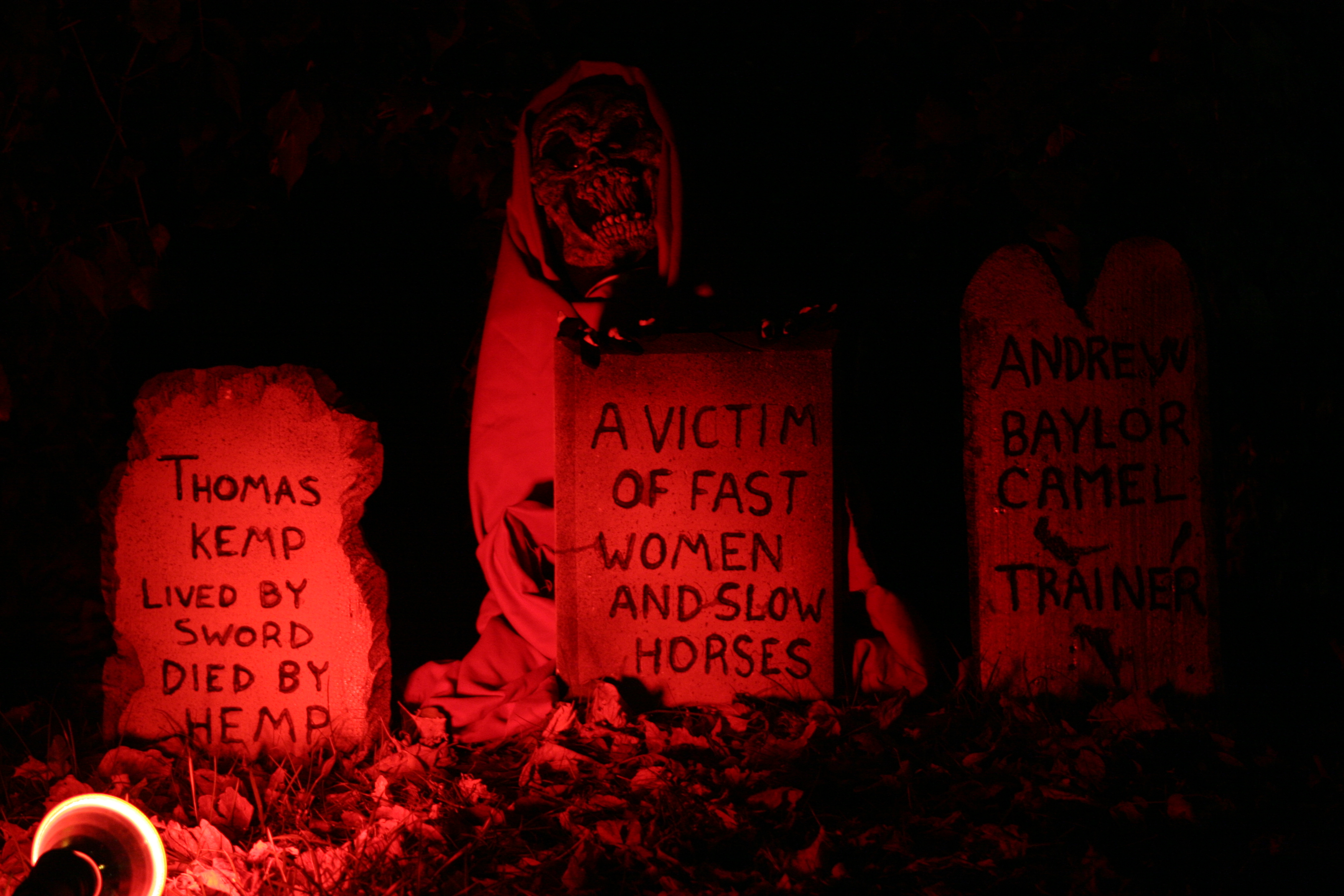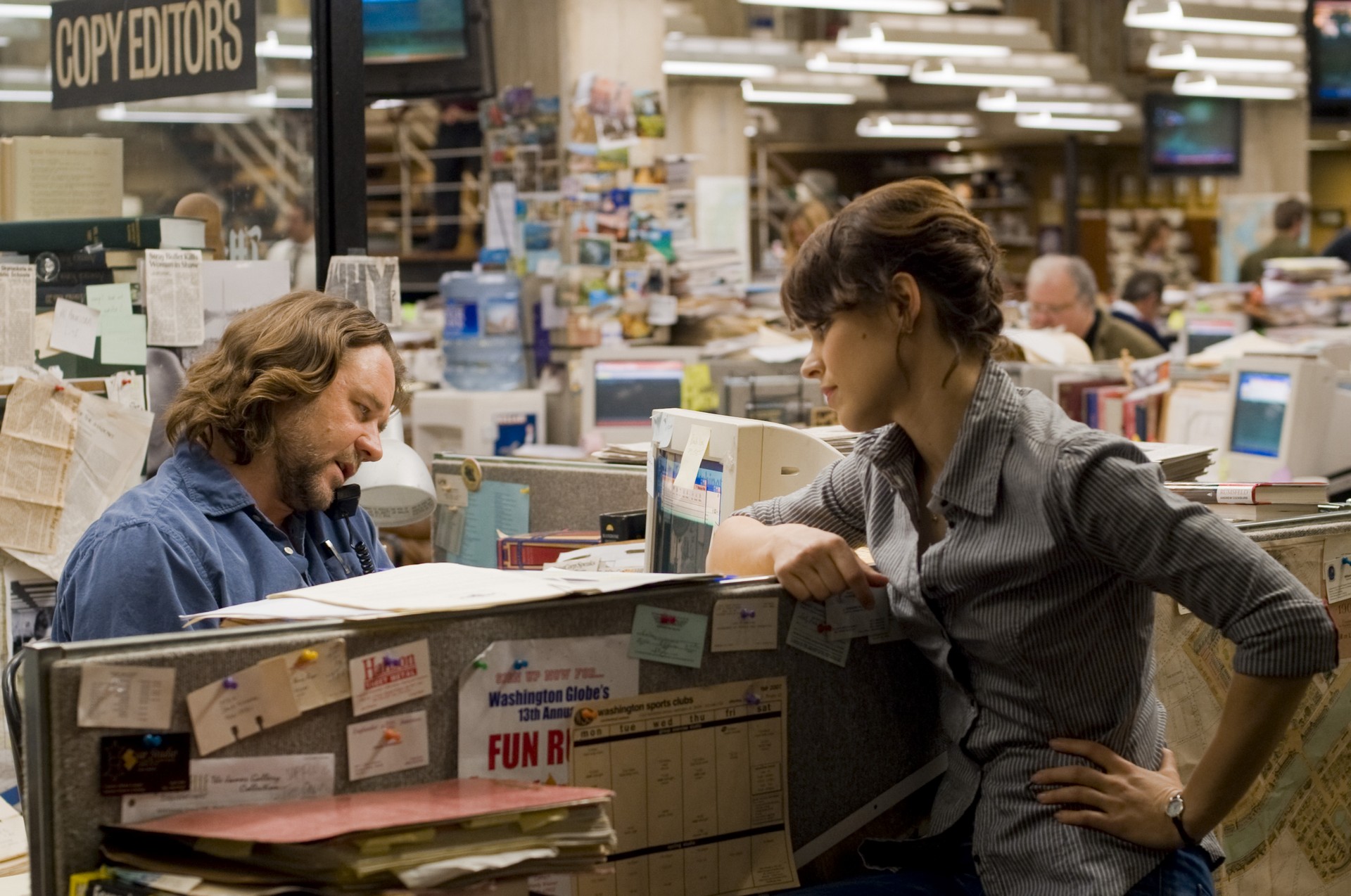What do you say about milk-curdling success? Dilbert-creator Scott Adams liked one of the tweets (posted by another team member) on our Frak That Twitter today. I am less enthused and disagree with Scott’s blog post spotlighting similar topic: Billionaire backing third-party lawsuit against a news organization; Peter Thiel’s previously secret assault on Gawker Media.
“Gawker’s business model is built around destroying the lives of innocent people to attract clicks”, Scott Adams writes. “How awful is Gawker? Imagine if revenge porn and cancer decided to get married and have an ugly baby with fangs. That would be Gawker. Pure evil…I see Thiel’s campaign against Gawker as a public service, and a valuable one”. I couldn’t disagree more.











